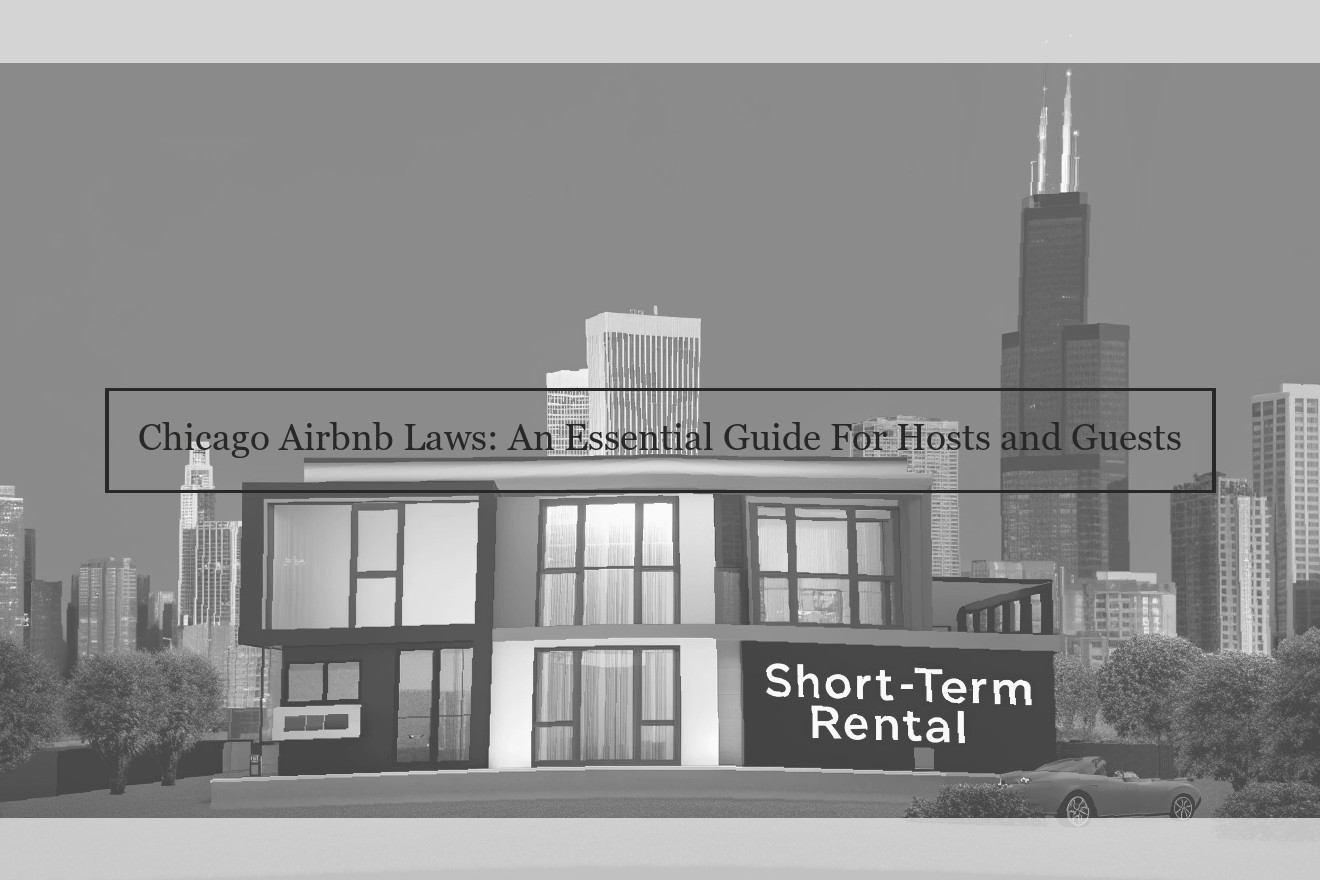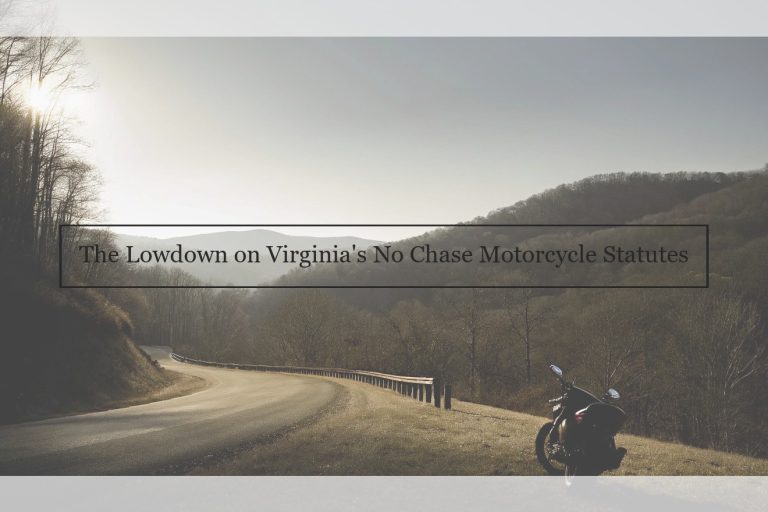Basic Overview of Chicago’s Airbnb Laws
Understanding and Following the Laws of Short-term Rentals in Chicago is an Important Step for Potential Hosts and Guests. Despite their immense popularity, short-term rentals – or rentals for less than 30 days – have only recently become legal in Chicago, and things are bound to change again. So a new obligation to the rental unit owner is in order – and you may be lawfully evicted for violating it. The City of Chicago has previously passed and repealed multiple ordinances trying to impose more occupancy restrictions on the short-term rental booking platform. Just last year, the city passed an ordinance authorizing individuals to rent their units out to short-term renters for fewer than 30 days as a means to get more money to stay in the city. Within months, the rental owner association 199 rooms from the 165 that listed on the site were lost.
The current legal framework for short-term rentals of less than 30 days will add more order to the hectic world of renting in Chicago . Chicago ordinances permit owners to book their units for under 30 days as long as three important conditions are met. First, the host has to register their unit with the City of Chicago by applying for a license. The license is issued to short-term hosts who agree to all of the conditions. Second, the host must reside in the property themselves for at least 50% of the year. Finally, third and most importantly, each rental must have a temporary guest registry. That registry is a record of (1) each guests name and address, (2) an identity document from each guest over age 16, (3) how long the guests were staying, and (4) the date that they were screened for illegal activity by the local police. These records must be kept for two years and can be audited at any time by the city.
If you believe you have been charged an illegal fee as the host or and guest, contact us.

Legal Requirements for Hosting on Chicago Airbnb
Hosts in Chicago need to familiarize themselves with the legal requirements for home-sharing. Unlike many other cities that regulate short-term rentals on the state or county level, or have no legal framework at all, Chicago has created what it believes to be a fair way of regulating and taxing this increasingly popular type of rental activity. The requirements for home-share hosts in Chicago include registration, licensing, zoning compliance, and occupancy limits on nightly rentals. These beige bullet points provide an overview of each of these requirements:
Short-Term Rental Registration and Licensing
Zoning Compliance
Occupancy Limit
Some city regulations, such as those concerning parking, also apply to short-term rentals; however, violations of such regulations do not expose hosts to administrative fines and fines are capped at $500 per day, so the risk of incurring large monetary penalties is diminished. When compared to the risk of losing short-term rental income, these city regulations may be viewed as fairly low risk. Nonetheless, it is worthwhile to avoid violations of code, of which you may be liable in tort, and which can cause significant harm to your Airbnb profit margins, particularly if you are fined or if your property is ordered to cease operations.
Tax Responsibilities for Chicago Airbnb Hosts
For anyone familiar with the short-term rental industry, the expense of occupying a rental is not limited to merely the nightly rate. In addition to paying for parking and cleaning fees, most short-term renters are also faced with a relatively substantial tax bill. For Chicagoans who purchase products from Amazon and have become accustomed to not paying sales tax, the municipal transient occupancy tax can be fairly shocking when a tenant arrives in the Windy City only to find that an additional 4.5% in the form of taxes will be tacked onto the nightly price. This is in addition to the 17.4% that comes from the combination of Illinois state tax (6.75%), Cook County tax (1%), and the Chicago level tax (9.5%). The tax is charged to guests who occupy short-term rentals (31 days or less) in the City, and is automatically collected by Airbnb. An individual can expect to pay about $135 in taxes over a month-long stay.
The law also requires that hosts submit to fingerprint-based criminal background checks for every occupant of any dwelling unit rented on a short-term basis 18 years of age or older, pass a blood lead test issued by the Department of Public Health for dwellings built before January 1, 1978, and submit energy and water records to the City at the request of the City Commissioner of Planning and Development. Further, hosts must carry a policy of commercial general liability insurance with a limit of not less than $1,000,000 per occurrence.
Guest Obligations and Rights in Chicago Under Airbnb Laws
As a guest in Chicago, you have rights under the regulations that apply to Short-Term Rentals in Chicago. Some of these rights include: If you are a guest in someone’s Airbnb, the host should tell you relevant information about their STR registration so you can check it against Chicago’s CityKey Database. If the host is compliant and showing up on the official database as a registered STR, you should be able to confirm top tips like: If the host cannot tell you this information, ask them for a formal invitation to stay at their home either through your booking or through your host communicating with Chicago’s Department of Business Affairs & Consumer Protection. This proves that you have been approved for access to the property while also giving you necessary information if complaints arise during your stay. The host can only charge you for the nightly fee and cleaning fee they also list on the STR listing. This means you should not see extra or hidden fees that are not included in the listing description – which is why you should check to see exactly how much you are being charged through the STR listing, which should be attached to your reservation confirmation in an email from the vacation rental site you booked through. Remember, you will be paying Chicago’s hotel accommodation tax, so you cannot be additionally charged for these fees under the STR regulations.
Enforcement and Sanctions for Violation of Chicago’s Airbnb Laws
With enforcement of the Chicago Airbnb laws and regulations as with many others, the City does rely on voluntary compliance by those it regulates to a large degree. However, the City does have the means to enforce against violations and will do so for non-compliant hosts and guests if necessary. The Director of the Department of Business Affairs and Consumer Protection (DFBACP) has general enforcement authority and is authorized to use various tools and methods such as citations, cease and desist orders, and fines to encourage compliance by hosts and guests.
Currently, a first offense would incur a fine of $50 for a host for a first violation of the Act and $50 for any guest for a first violation. Further violations would also incur up to a $500 fine for any three or more offense in a 12-month period. However , Chicago is modifying its fines for various municipal code violations through an effort to modify the fines not as a penalty but as a means to promote transparency of assessment. In essence this means that on red light violations, the fine would no longer be fixed but a package of fines (and court costs) would equal the same fee currently charged for a red light violation. The same adjustment will occur for other municipal violations, including liquor license violations. This means that the fine for excessive guests could increase. Exact fines for individual violations are not yet available.
Recent Developments Under Chicago’s Airbnb Laws
Chicago generally does not permit "ghost hotels": short-term rentals so-called — short-term rentals that are offered through Airbnb, Vrbo, Roomorama and similar sites.
Chicago is following the trend of cities cracking down on short-term rentals. In an effort to regulate Chicago’s short-term vacation rental market, the Chicago City Council passed the Chicago Vacation Rental Ordinance in 2016. The ordinance was passed to address a perceived shortage of affordable long-term housing, the possible issues with short-term rentals and their impact on the neighborhood and for fair property tax treatment. The ordinance requires all short-term rentals in the city be licensed and comply with certain safety and zoning requirements. It requires short-term rentals be rented for a minimum stay of 2 nights and a maximum of 30 nights in a period of 3 months.
Following passage of the original ordinance, changes and additions were adopted. For example, a new requirement — passed in 2017 — mandates that individuals who book a rental must provide a government pamphlet explaining the City’s short-term rental regulations at least 24 hours before staying. In the event of a booking and rental that is less than 24 hours, the pamphlet must be provided "immediately". The 48-page pamphlet — called "Know Your Rights" — explains the definitions of short-term rentals, the rights and responsibilities of short-term renters, how to file a complaint for violations, and a list of resources to reach out to if problems arise during the booking.
In 2019, an additional rule was adopted that says that owners are required to respond to guests’ inquiries within 12 hours, or charge a $250 fee. This is to avoid issues when guests have reservations but find the places in disarray.
Currently, the city has been looking into possible revisions aimed at improving operator compliance and the generally weak enforcement of the ordinance. The problems are that fewer than 25% of the people who are in violation are fined and that less than one-third of hosts have a permit.
Getting Around Chicago’s Airbnb Laws
Renters should ensure their lease doesn’t specifically prohibit short-term rentals, and homeowners must check with their homeowners’ association to determine whether short-term rentals are allowed.
Hosts should also carefully consider whether the income from renting their apartment on Airbnb is worth the potential costs, including fines, liabilities or insurance issues. Given the restrictive laws in Illinois that prohibit renter-landlords from obtaining short-term rental insurance coverage without solid justification, it may be more prudent for renters to avoid Airbnb listings in favor of non-Airbnb options until the law changes . With many insurers hesitant to provide coverage for this unique kind of liability, hosts may want to consider increasing their liability limits under their current policies, reviewing coverage with the insurer about any potential exclusions that could apply, or lowering policy deductibles.
In order to avoid the risk of a high-gross receipts business tax from Airbnb (in exchange for the city currently waiving the 4.5 percent hotel accommodations tax), users should consider booking through an Airbnb host who voluntarily collects the City of Chicago’s hotel tax. Also, landlords should be aware that the city’s hotel tax just might be the first component of short-term rental regulation that Airbnb reviews in the coming months.



+ There are no comments
Add yours